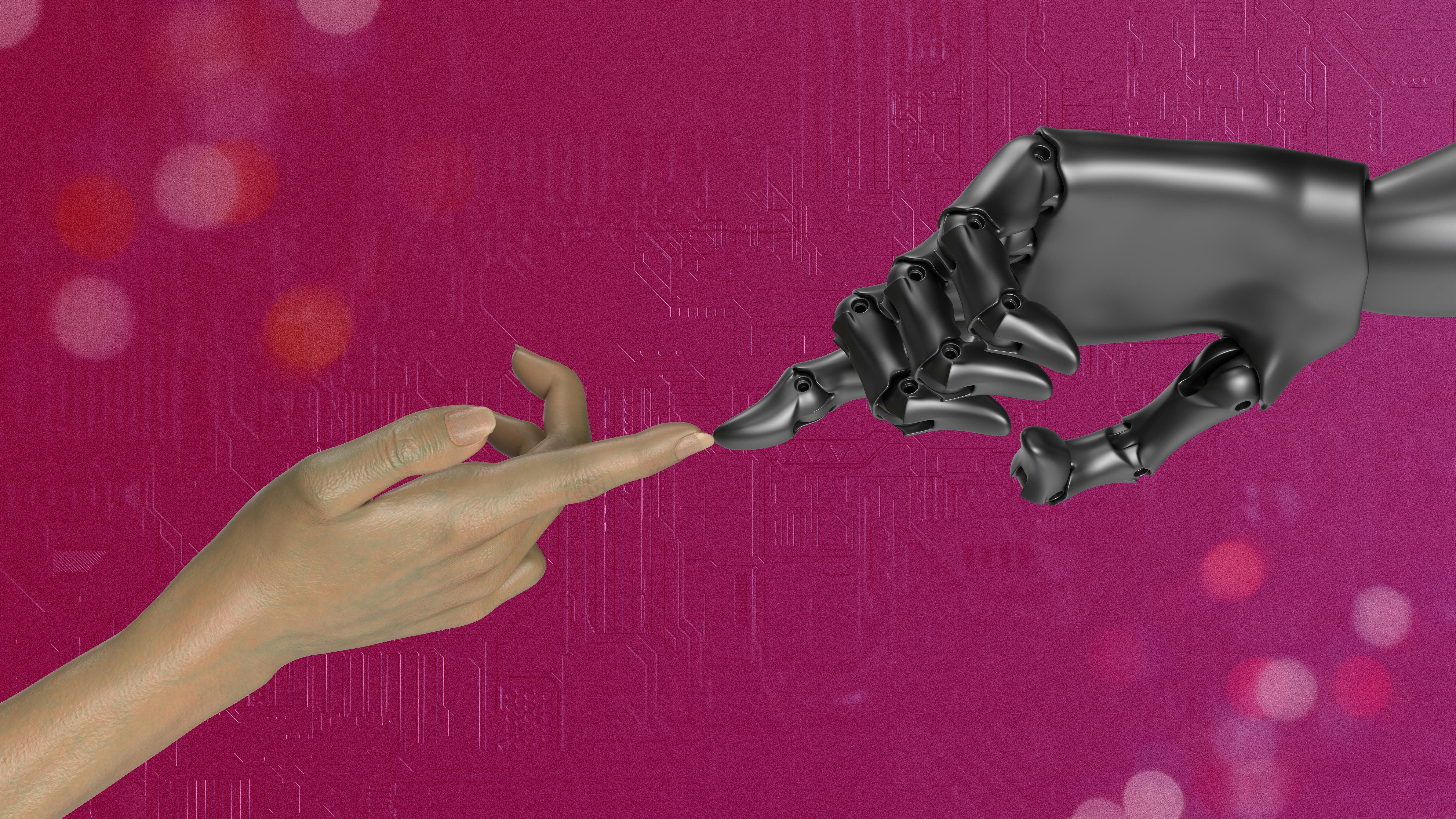Hard Numbers: Startups are up, Google gas, Brazil dings Meta, Slow and steady
27.1 billion: From April to June, investors poured $27.1 billion into US-based artificial intelligence startups, according to PitchBook. That’s nearly half of the $56 billion that all American startups raised during that time. Startup investment is up 57% year over year — something for which the AI industry can claim lots of credit.
48: Google’s greenhouse gas emissions are up a whopping 48% since 2019, thanks in no small part to its investments in AI. In the tech giant’s annual environmental report, it chalked up the increase to “increased data center energy consumption and supply chain emissions.” It previously set a goal to reach net-zero emissions by 2030 and now says that’s “extremely ambitious” given the state of the industry. Many AI firms are struggling to meet voluntary emissions goals due to the massive energy demands of training and running models.
9,000: The Brazilian government on Tuesday ordered Meta to stop training its AI models on citizens’ data. The penalty? A fine of 50,000 Reals (about $9,000). The government gave Meta five days to amend its privacy policy and data practices, citing the “fundamental rights” of Brazilians.
75: Bipartisan consensus is hard to come by these days. But in a recent survey of US voters, conducted by the AI Policy Institute, 75% of Democrats and 75% of Republicans said it’s preferable that AI development is slow and steady as opposed to the US racing ahead to gain a strategic advantage over China and other foreign adversaries.
